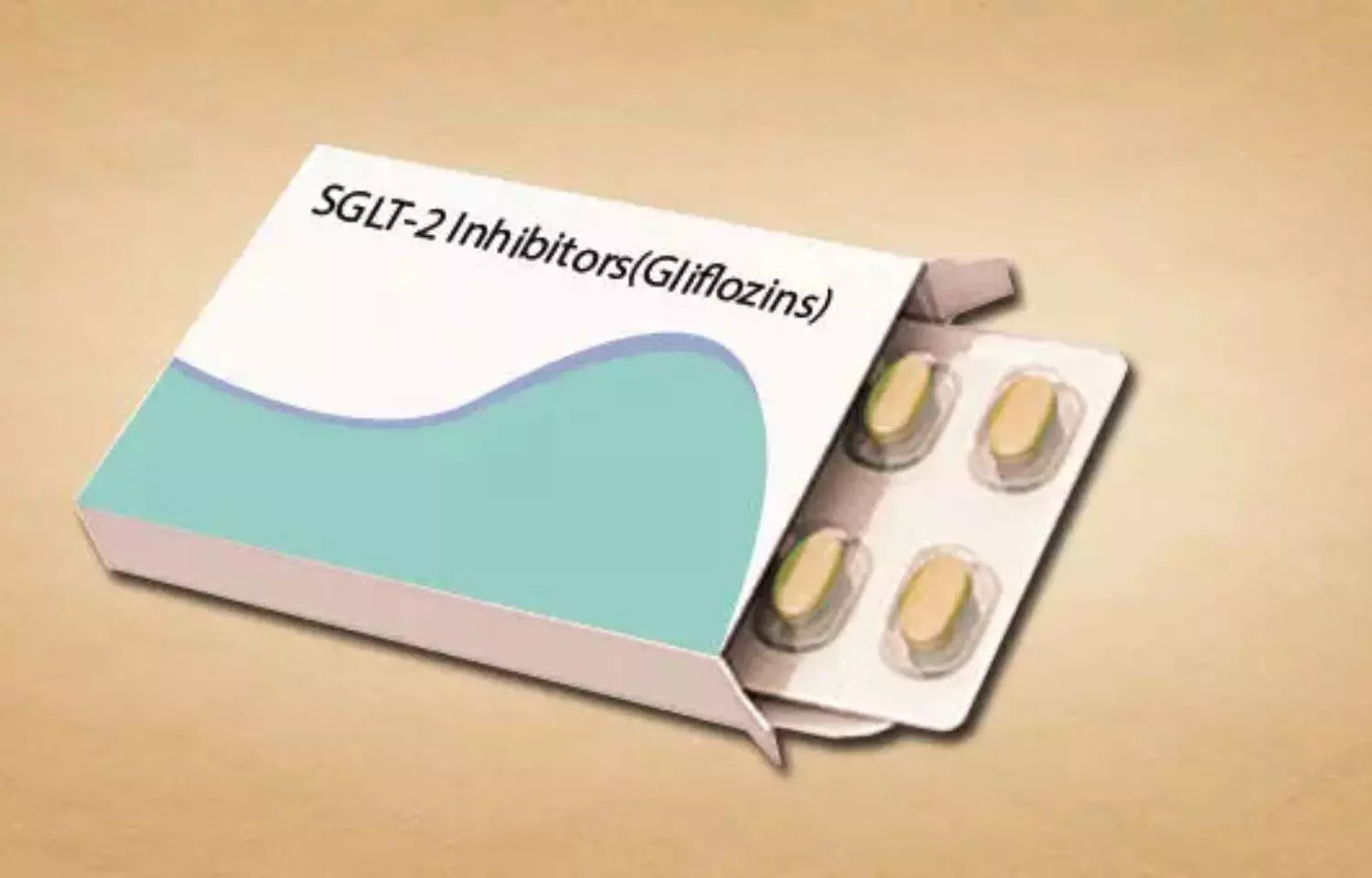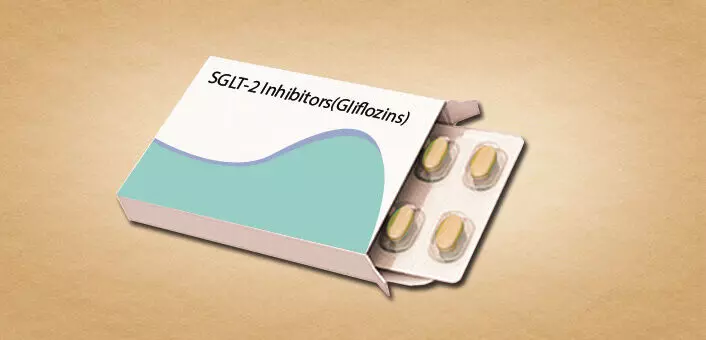- Home
- Medical news & Guidelines
- Anesthesiology
- Cardiology and CTVS
- Critical Care
- Dentistry
- Dermatology
- Diabetes and Endocrinology
- ENT
- Gastroenterology
- Medicine
- Nephrology
- Neurology
- Obstretics-Gynaecology
- Oncology
- Ophthalmology
- Orthopaedics
- Pediatrics-Neonatology
- Psychiatry
- Pulmonology
- Radiology
- Surgery
- Urology
- Laboratory Medicine
- Diet
- Nursing
- Paramedical
- Physiotherapy
- Health news
- Fact Check
- Bone Health Fact Check
- Brain Health Fact Check
- Cancer Related Fact Check
- Child Care Fact Check
- Dental and oral health fact check
- Diabetes and metabolic health fact check
- Diet and Nutrition Fact Check
- Eye and ENT Care Fact Check
- Fitness fact check
- Gut health fact check
- Heart health fact check
- Kidney health fact check
- Medical education fact check
- Men's health fact check
- Respiratory fact check
- Skin and hair care fact check
- Vaccine and Immunization fact check
- Women's health fact check
- AYUSH
- State News
- Andaman and Nicobar Islands
- Andhra Pradesh
- Arunachal Pradesh
- Assam
- Bihar
- Chandigarh
- Chattisgarh
- Dadra and Nagar Haveli
- Daman and Diu
- Delhi
- Goa
- Gujarat
- Haryana
- Himachal Pradesh
- Jammu & Kashmir
- Jharkhand
- Karnataka
- Kerala
- Ladakh
- Lakshadweep
- Madhya Pradesh
- Maharashtra
- Manipur
- Meghalaya
- Mizoram
- Nagaland
- Odisha
- Puducherry
- Punjab
- Rajasthan
- Sikkim
- Tamil Nadu
- Telangana
- Tripura
- Uttar Pradesh
- Uttrakhand
- West Bengal
- Medical Education
- Industry
Adjuvant 5-FU and LMV Heparin fails to prevent Proliferative vitreoretinopathy after primary RRD

A recent trial found that the incidence of Proliferative vitreoretinopathy (PVR) in high-risk patients with primary rhegmatogenous retinal detachment did not improve by adding adjuvant therapy with 5-FU and Low molecular weight heparin. The trial results were published in the journal Ophthalmology.
Proliferative vitreoretinopathy (PVR) is an anomalous scarring process and is the major cause of postoperative failure and retinal redetachment after primary rhegmatogenous retinal detachment (RRD). There is no standard therapy to prevent or treat PVR. Previous studies have shown good results for 5-fluorouracil (5-FU) and low-molecular-weight heparin (LMWH) in high-risk eyes. Hence researchers conducted a trial called the PRIVENT trial to examine the effect of adjuvant intravitreal therapy with 5-FU and LMWH compared with placebo on the incidence of PVR in high-risk patients with primary RRD.
A randomized, double-blind, controlled, multicenter, interventional trial with 1 interim analysis was conducted at thirteen German trial sites involving five hundred sixty patients. Patients with RRD at high risk for PVR were included. Noninvasive aqueous flare measurement using laser flare photometry was used to assess the risk of PVR. Patients were randomized 1:1 to verum with 200 mg/ml 5-FU and 5 IU/ml dalteparin and placebo which is a balanced salt solution intravitreally applied during routine pars plana vitrectomy. The primary endpoint was the development of PVR grade CP which is full-thickness retinal folds or subretinal strands in clock hours located posterior to equator 1 or higher within 12 weeks after surgery. An endpoint committee graded based on the fundus photographs. Secondary endpoints included best-corrected visual acuity and redetachment rate. A group sequential design with 1 interim analysis was applied using the O'Brien and Fleming boundaries. Proliferative vitreoretinopathy grade CP incidence was compared using a Mantel-Haenszel test stratified by the surgeon.
Results:
- A total of 325 patients were randomized to the verum group having 163 participants and the placebo group having 162 participants.
- Mean laser flare was 31 ± 26 pc/ms in study eyes.
- No significant difference was found in the PVR rate.
- Primary analysis in the modified intention-to-treat population was verum 28% vs. placebo 23%.
- Those in the per-protocol population were: 12% vs. 12%.
- There was no significant difference between treatment groups in the secondary endpoints.
- No relevant safety risks were identified during the study period.
Thus, the trial result shows poor therapeutic results of using 5-FU and LMWH heparin for mitigating PVR in eyes with primary RRD.
Take-home points:
This randomized, double-blind, interventional clinical trial investigated the efficacy of adjuvant intravitreal therapy with 5-fluorouracil (5-FU) and low–molecular weight heparin (LMWH) for proliferative vitreoretinopathy (PVR) in eyes with primary rhegmatogenous retinal detachment (RRD). Notably, there was no significant difference in PVR incidence rates between the 5-FU and LMWH groups compared with the control group.
There is limited therapeutic value in using 5-FU and LMWH heparin for mitigating PVR in eyes with primary RRD.
Further reading: https://doi.org/10.1016/j.ophtha.2022.05.024
Schaub F, Schiller P, Hoerster R, Kraus D, Holz FG, Guthoff R, Agostini H, Spitzer MS, Wiedemann P, Lommatzsch A, Boden KT, Dimopoulos S, Bemme S, Tamm S, Maier M, Roider J, Enders P, Altay L, Fauser S, Kirchhof B; PRIVENT Study Group. Intravitreal 5-Fluorouracil and Heparin to Prevent Proliferative Vitreoretinopathy: Results from a Randomized Clinical Trial. Ophthalmology. 2022 Oct;129(10):1129-1141.
BDS, MDS
Dr.Niharika Harsha B (BDS,MDS) completed her BDS from Govt Dental College, Hyderabad and MDS from Dr.NTR University of health sciences(Now Kaloji Rao University). She has 4 years of private dental practice and worked for 2 years as Consultant Oral Radiologist at a Dental Imaging Centre in Hyderabad. She worked as Research Assistant and scientific writer in the development of Oral Anti cancer screening device with her seniors. She has a deep intriguing wish in writing highly engaging, captivating and informative medical content for a wider audience. She can be contacted at editorial@medicaldialogues.in.
Dr Kamal Kant Kohli-MBBS, DTCD- a chest specialist with more than 30 years of practice and a flair for writing clinical articles, Dr Kamal Kant Kohli joined Medical Dialogues as a Chief Editor of Medical News. Besides writing articles, as an editor, he proofreads and verifies all the medical content published on Medical Dialogues including those coming from journals, studies,medical conferences,guidelines etc. Email: drkohli@medicaldialogues.in. Contact no. 011-43720751




